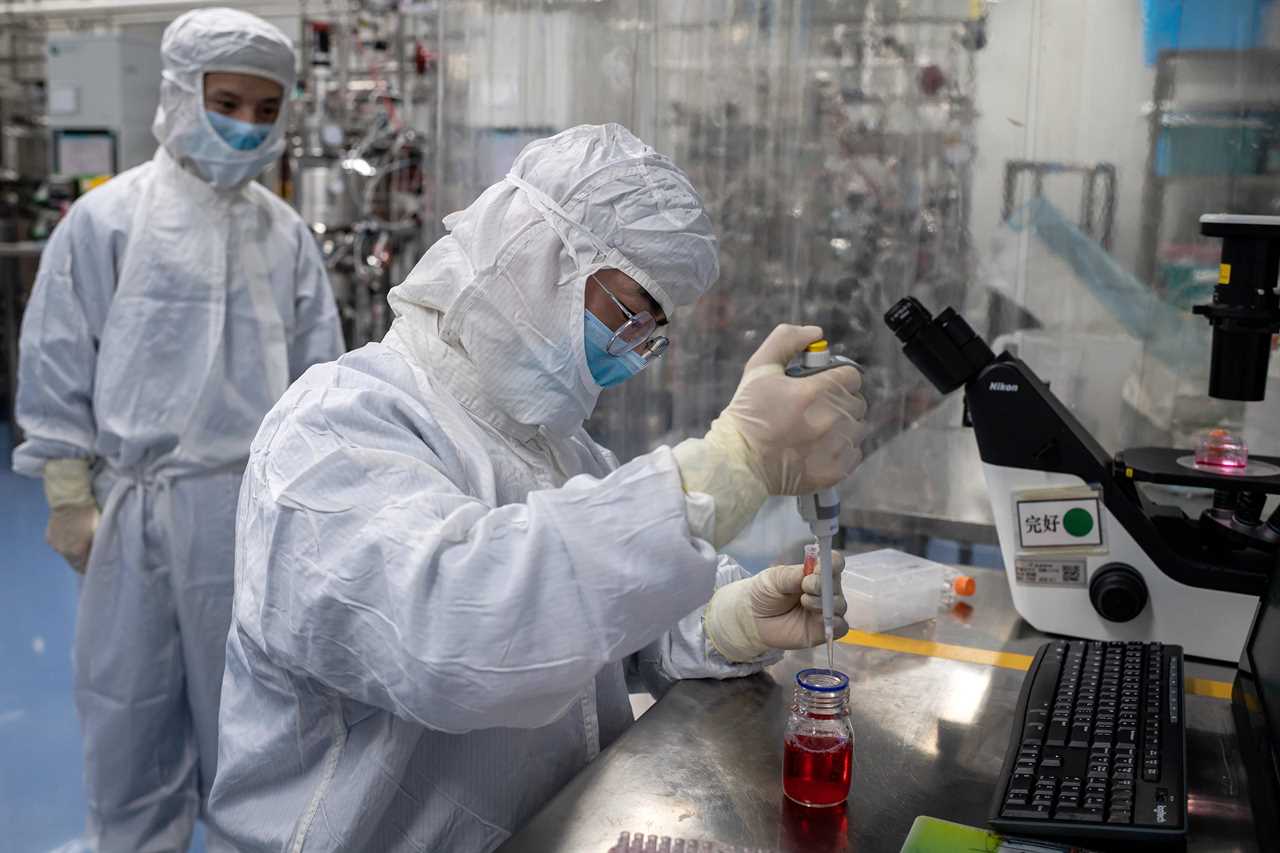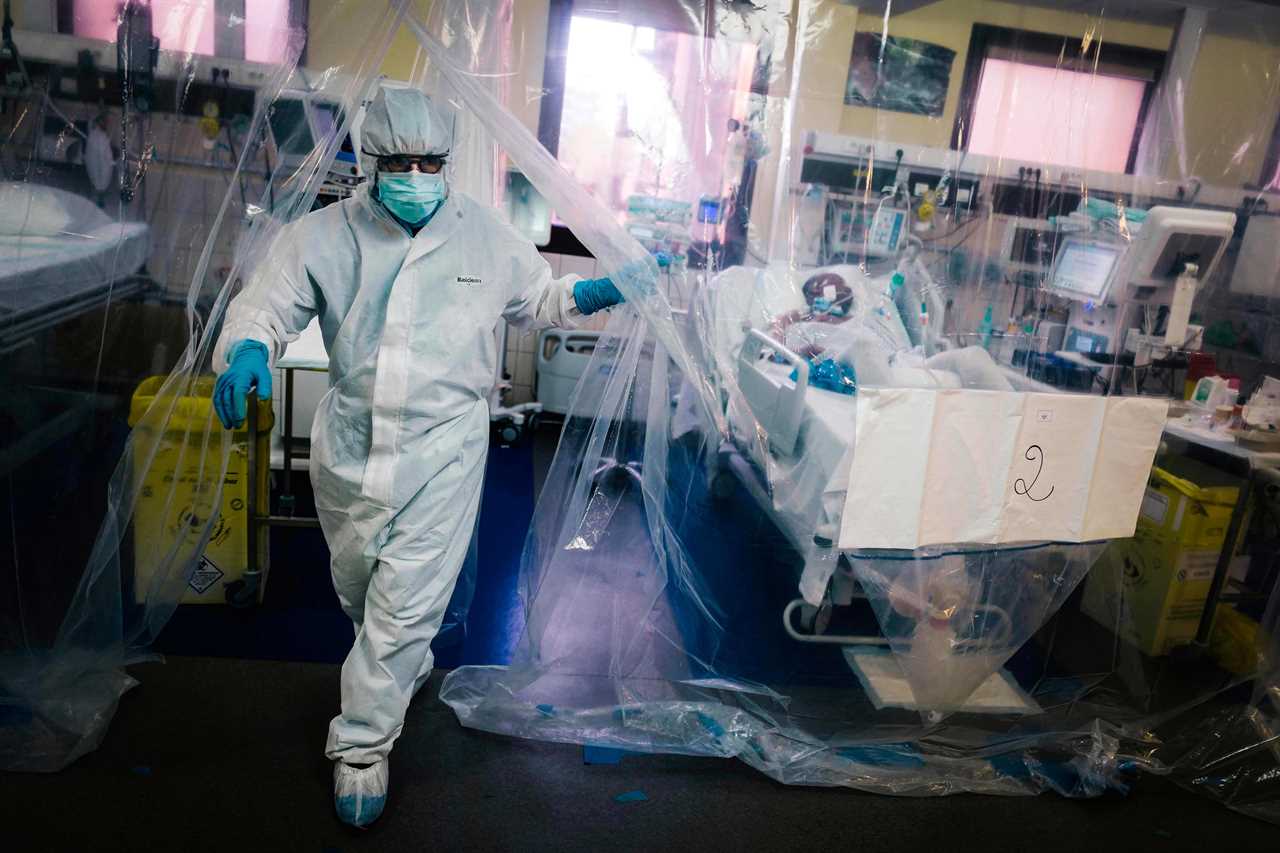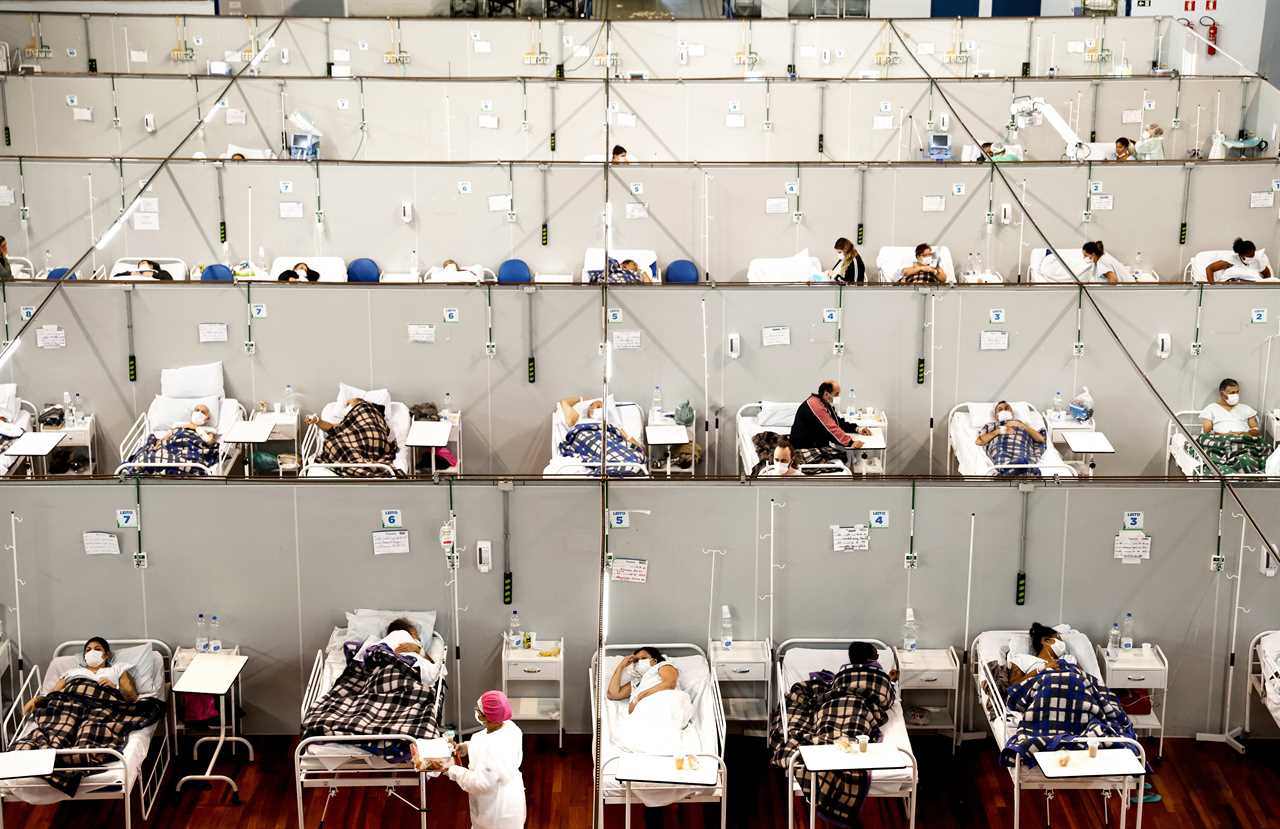GLOBAL health officials warn an “unusual” mutation in the “Lambda” variant that’s hitting the UK could make it resistant to vaccines.
The new variant shares a similar genetic mutation as the Delta strain, making it more transmissible, the WHO claim.

Read our coronavirus live blog for the latest updates


Also known as C.37, the Lambda strain was first detected in Peru last year before quickly spreading to 27 countries, including Britain.
Scientist noticed the variant in December when it accounted for “just one in every 200 samples”.
By March, that jumped to 50 per cent of cases. Now that figure is a whopping 82 per cent, according to the WHO.
Pablo Tsukayama, a molecular scientist at the Cayetano Heredia university in Lima said the virus’ rapid rise “would suggest its rate of transmission is higher than other variants”.
In neighbouring Chile, it accounts for almost a third of cases, though scientists are unable to say which the strain is more transmissible.
“At the moment there’s no evidence to suggest it’s more aggressive than other variants,” Pan-American Health Organization (PAHO) adviser Jairo Méndez Rico said.
“It’s possible that it has a higher rate of contagion but more work needs to be done on it.”
The Lambda strain is now considered as the seventh “variant of interest” by the WHO, and is now being closely followed by Public Health England after six cases were recorded in the country last week.
An “unusual set of mutations” have made testing the virus’ virulence hard to do, says top science director Jeff Barrett.
He also worried a lack of gene sequencing labs in South America has allowed the virus to spread almost undetected.

Of particular concern to virologists is the L452Q spike protein because of its potential in infect human cells like the L452R mutation in the highly infectious Delta variant.
Preliminary testing results are already showing worrying signs.
Experts at the University of Chile who studied the virus in local healthcare workers who received two doses of China’s CoronaVac jab say Lambda is more infectious than the Brazilian and UK mutations.
“Our data show for the first time that mutations present in the spike protein of the Lambda variant confer escape to neutralising antibodies and increased infectivity,” they wrote in a paper yet to be peer reviewed.
South America has been the hardest hit region in the world. Despite only having eight per cent of the global population, it accounts for 20 per cent of Covid cases.

Infections continue to rise in countries like Colombia, Brazil, Bolivia, and Uruguay, flooding national hospital wards and overwhelming healthcare systems.
According to PAHO, only one in 10 people in Latin America and the Caribbean have been fully vaccinated against Covid-19.






